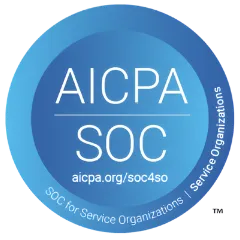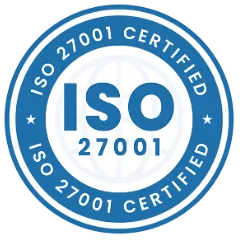RFID implementation is on the rise these days. It has been successful in several industries such as retail, manufacturing, logistics. Though not exactly a new technology, it has evolved appreciably. Today, RFID is a powerful technology for the business in data collection, tracking location and movement of assets and equipment.
It is also used in sectors like supply chain management, inventory control, e-Passports. Besides, it is used by the authorities to keep track of prisoners and by farmers as well to keep track of animals.
What is RFID?
RFID stands for means Radio Frequency Identification. This technology works on tag system. A special tag is attached on an item and radio waves track that tag. RFID can be divided into three parts - Reader, Antenna and Transponder.
The antenna conveys a radio-frequency signal furnishing a way for communication with the RFID tag. When the RFID tag goes through the frequency field of the scanning antenna, it identifies the activation signal and stores the data that is picked up by the antenna.
The technology of RFID is similar to Barcode technology. However, the main difference is RFID works faster compared to the Barcode scanner. The other difference is you must scan a product or object via barcode scanner to track the information, whereas RFID uses radio waves to track the product data.
Also Read: RFID Technology Benefits & Drawbacks: Active, Semi-Passive & Passive
How RFID Technology in Healthcare Industry Can Be Utilized?
RFID technology in healthcare industry can be used for many objectives.
1. Patient Tracking and History Records
An RFID band is girded around the wrist of a patient. Through RFID, the hospital keeps track of the patient. The wristband carries all relevant data such as name, medical record, allergies etc.
When a patient has been admitted for a long-time, RFID can helps the doctor know if the patient is allergic to any medicines. The historical record of the patient also assists in surgery by providing crucial information.
The RFID tag can be really handy, e.g. if a patient has memory problems, they may stray or get lost in a hospital. Through RFID wristbands, the hospital can know the exact whereabouts of the patient.
2. Equipment Tracking
Machines, equipment and vehicle tracking is important for hospitals. It not only makes them aware about the location of their vehicles, equipment etc. but also enables in asset maintenance.
Hospital assets are critical and have to be always on ready-to-use mode. RFID tags are used to track assets even as they move inside or outside of the hospital premises.
When it comes to the Operation Theatres, it is mandatory that inspection of assets is done regularly so that unplanned breakdowns are avoided. The Asset Maintenance Management software provides a great help in handling such mission-critical assets.
3. Medicine & Pharmaceutical Tracking
Asset tracking and management software can handle the area of pharmaceuticals in hospitals. The system informs about the expiry date of medicines and their stock levels. Overall, the software also enables you to track easily the current stock of medicines.
As pharmaceuticals and medicines are the most consumed and critical items in a hospital, each hospital has to keep up a consistent stock of essential medicines. Over and above that, it should also have vaccines and other degradable products used in surgeries such as masks, syringes, gloves, etc.
Medicines and surgical equipment are expensive commodities. It is therefore important for healthcare establishments to keep stock as well as a track of these items. The investment is huge and cannot be protected without tracking.

How Does RFID Asset Management Help Hospitals?
In order to understand how asset management can help Healthcare sector, it is important to first understand what asset management really is.
Asset Management provides a structured process of operating, maintaining, monitoring and disposing of assets in the most cost-efficient way. It includes measuring expenses, risks and performance metrics also.
Today asset management is applied in both the business world as well as public infrastructure areas to guarantee a planned way to deal with capacity utilization of assets and control of costs, risks, performance, and so forth.
It also incorporates asset life cycle management — including commissioning, operating, repairing, and decommissioning of physical assets.
Asset Tagging for Check-in Check-out Process
To make the activity more effective, RFID technology in the health industry should be utilized for asset tagging and tracking. As a professional practice, serial numbers should not be used as they may have been used before. A duplicate serial number can lead to errors. As tagging equipment is essential in order to track usage, it will be helpful in enabling all the information via the Check-in Check-out software process.
Use Analytics to Make Effective Decisions
The asset management software gathers all information and provides analytics. This enables in using inventory efficiently. Actionable information leads to better decision making.
Real-time Tracking
The software provides you real-time tracking. This means the inventory is updated regularly to get exact inventory counts. With the system, you can also track inventory orders and trigger automatic re-orders when stocks drop below the threshold level. If products do not reach their destination, the system activates alerts to the users.
Conclusion
RFID innovation has a lot of potentials to assist in the medical services of hospitals. Moreover, the system opens up new doors for enhanced security, operational effectiveness, and cost savings by tagging stocks, assets, patient data, and personnel records.
Despite the fact that RFID guarantees several advantages for the hospital sector, the adoption of RFID innovation has not been as striking as envisioned and still falls behind when contrasted among different industries.
However, several hospitals, biotechnology companies, and pharmaceutical producers are using technology. The major part of the healthcare sector still does not leverage this technology. RFID systems are mostly utilized in countries like the USA, France, Japan, Germany, UK, Italy, Spain, etc.
RFID technology in the healthcare industry must be implemented in order to improve the level of patient care. Furthermore, it helps hospitals in the better management of their assets and equipment.

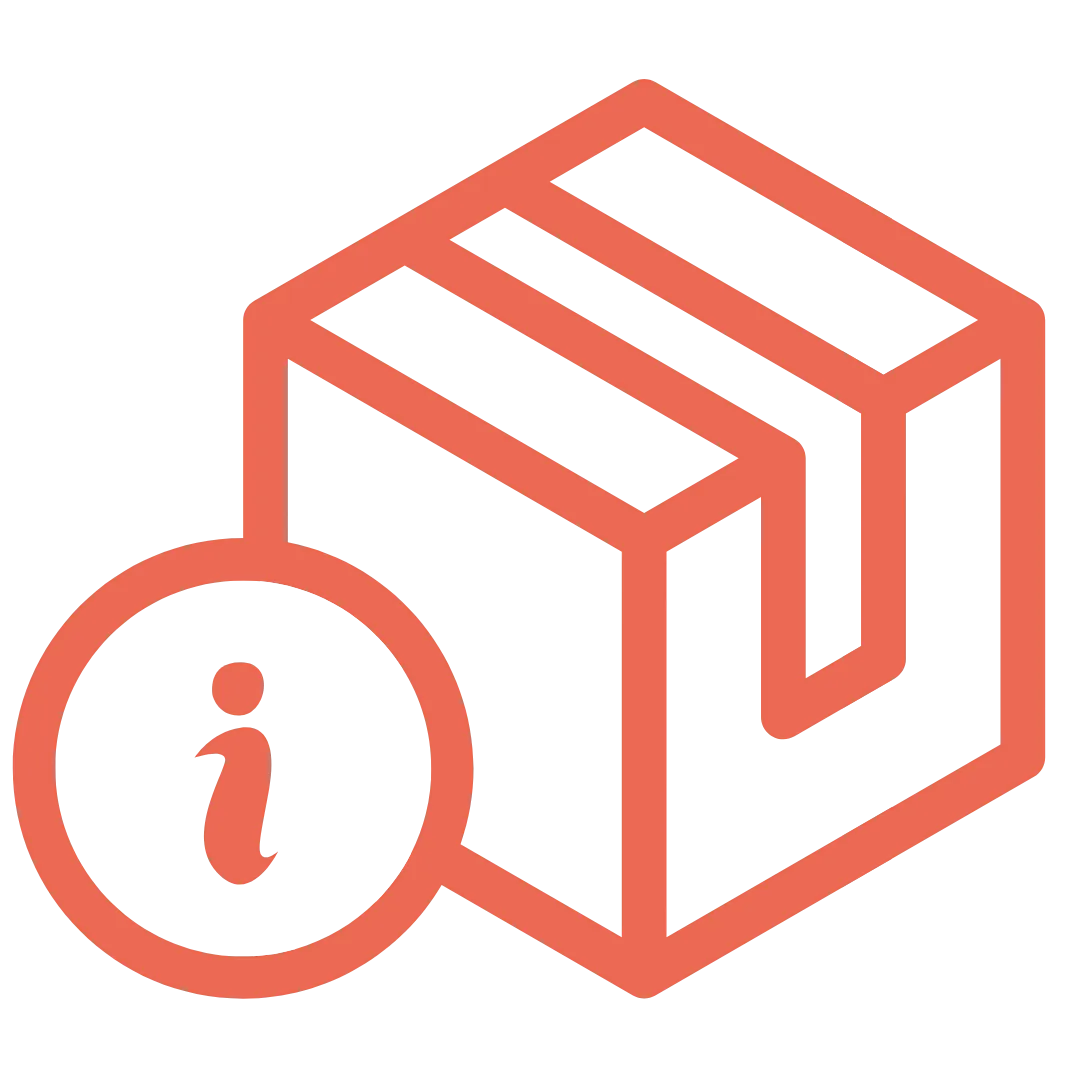
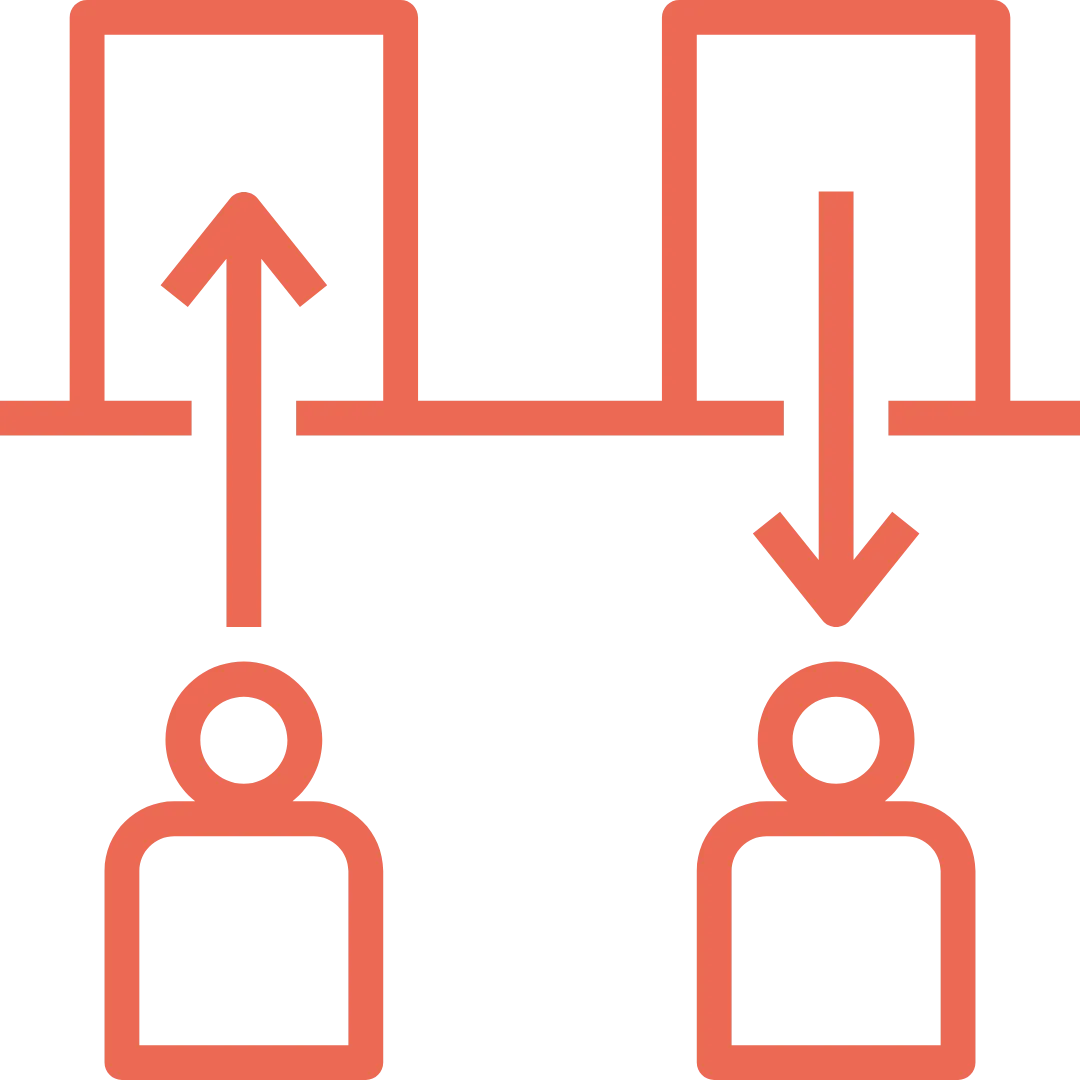
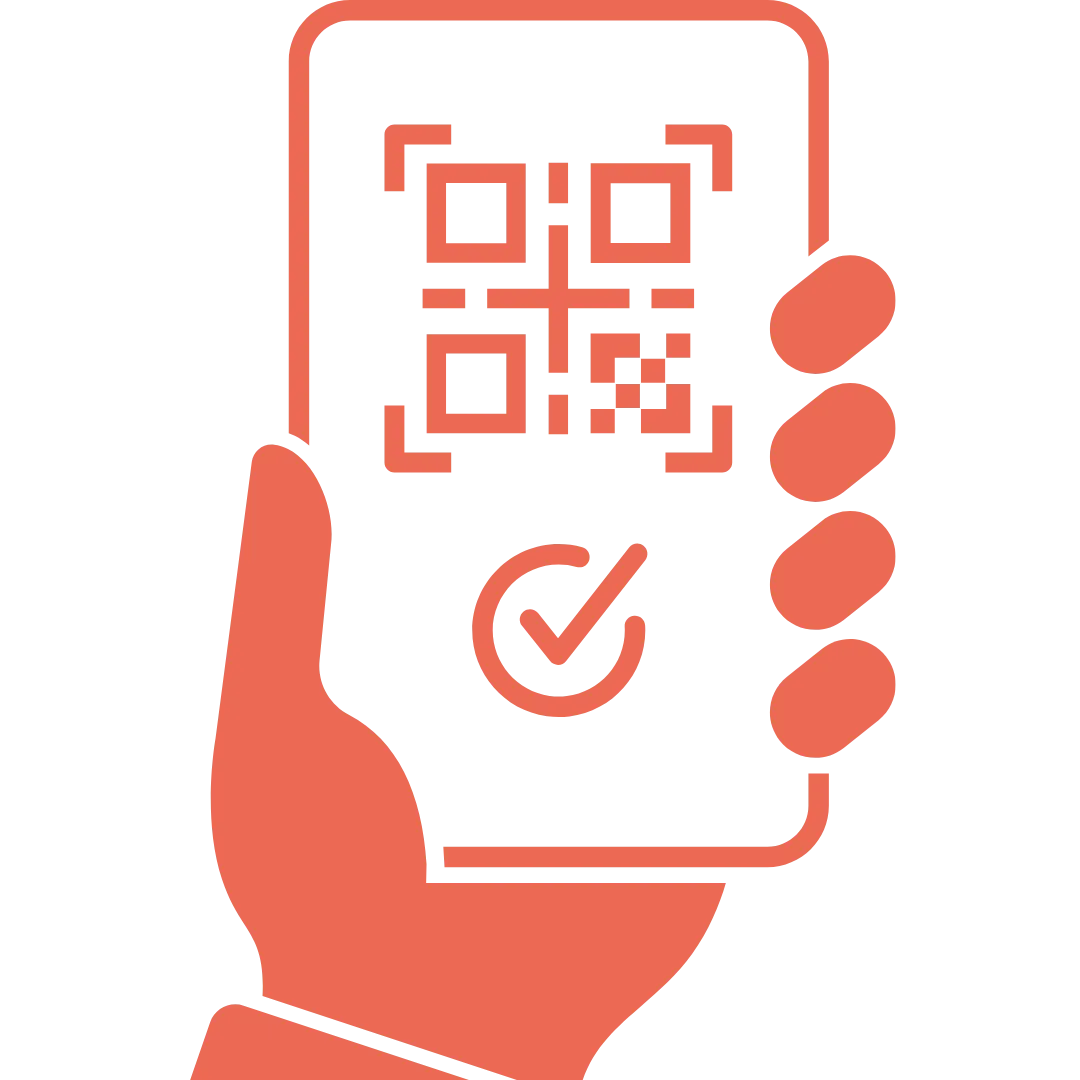
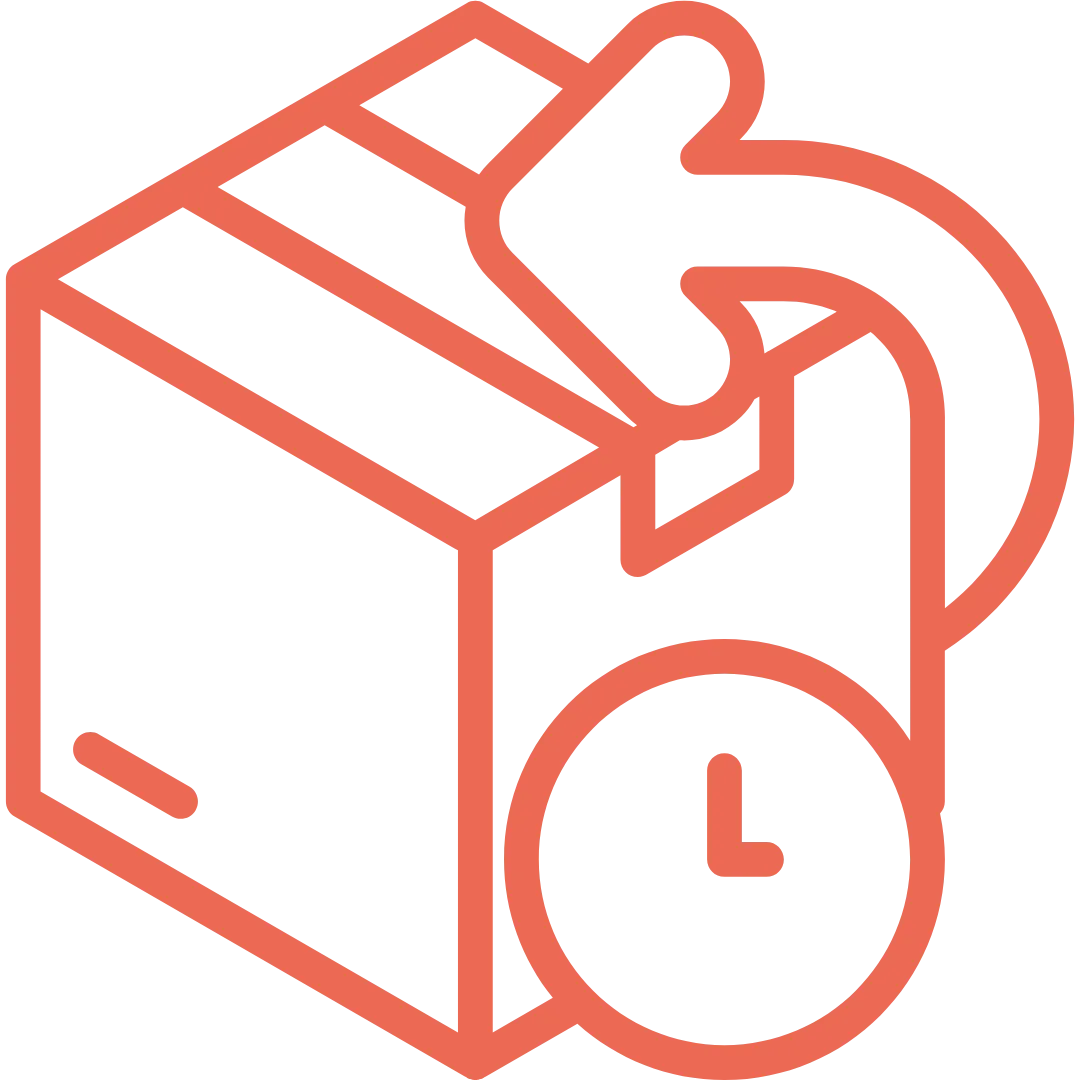

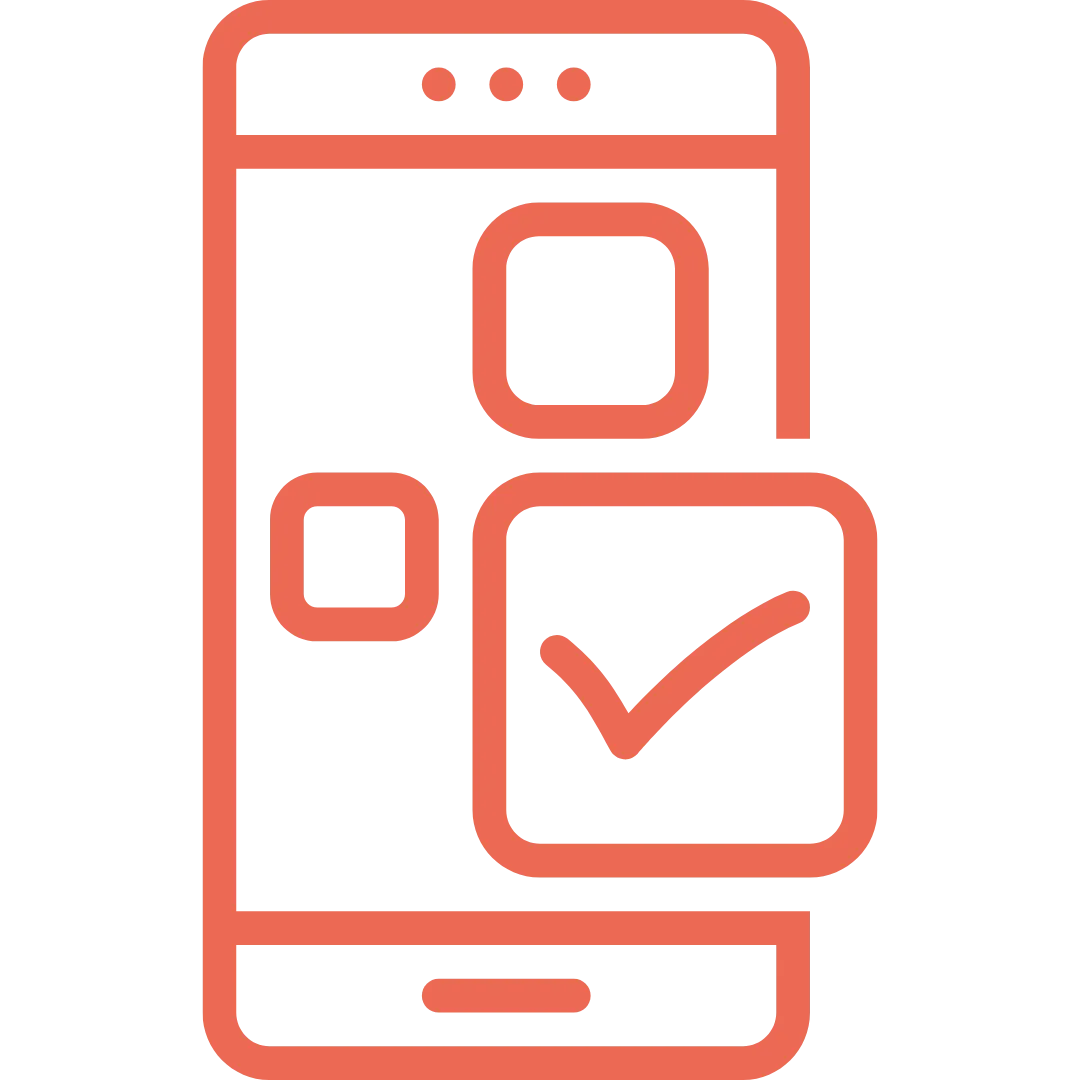



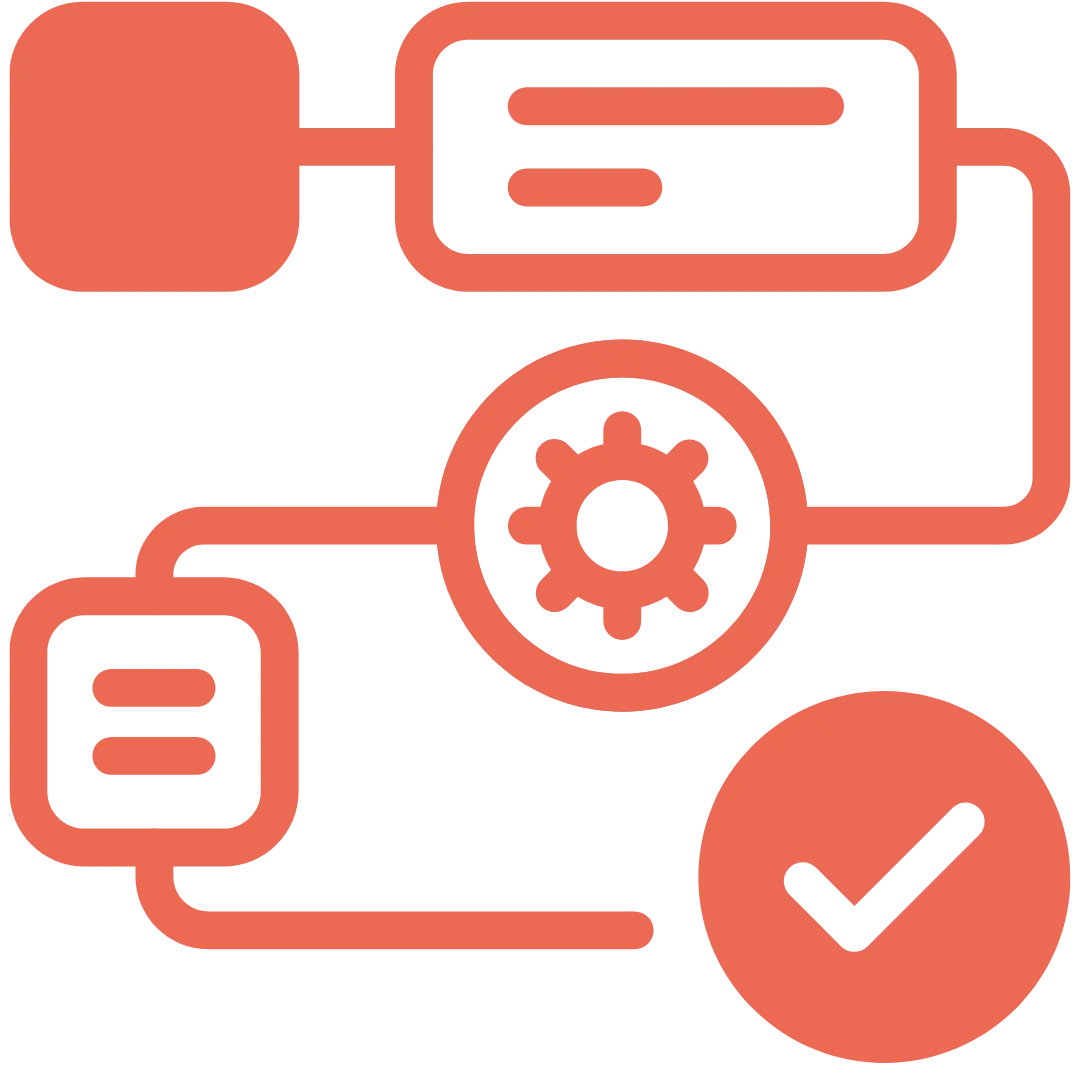
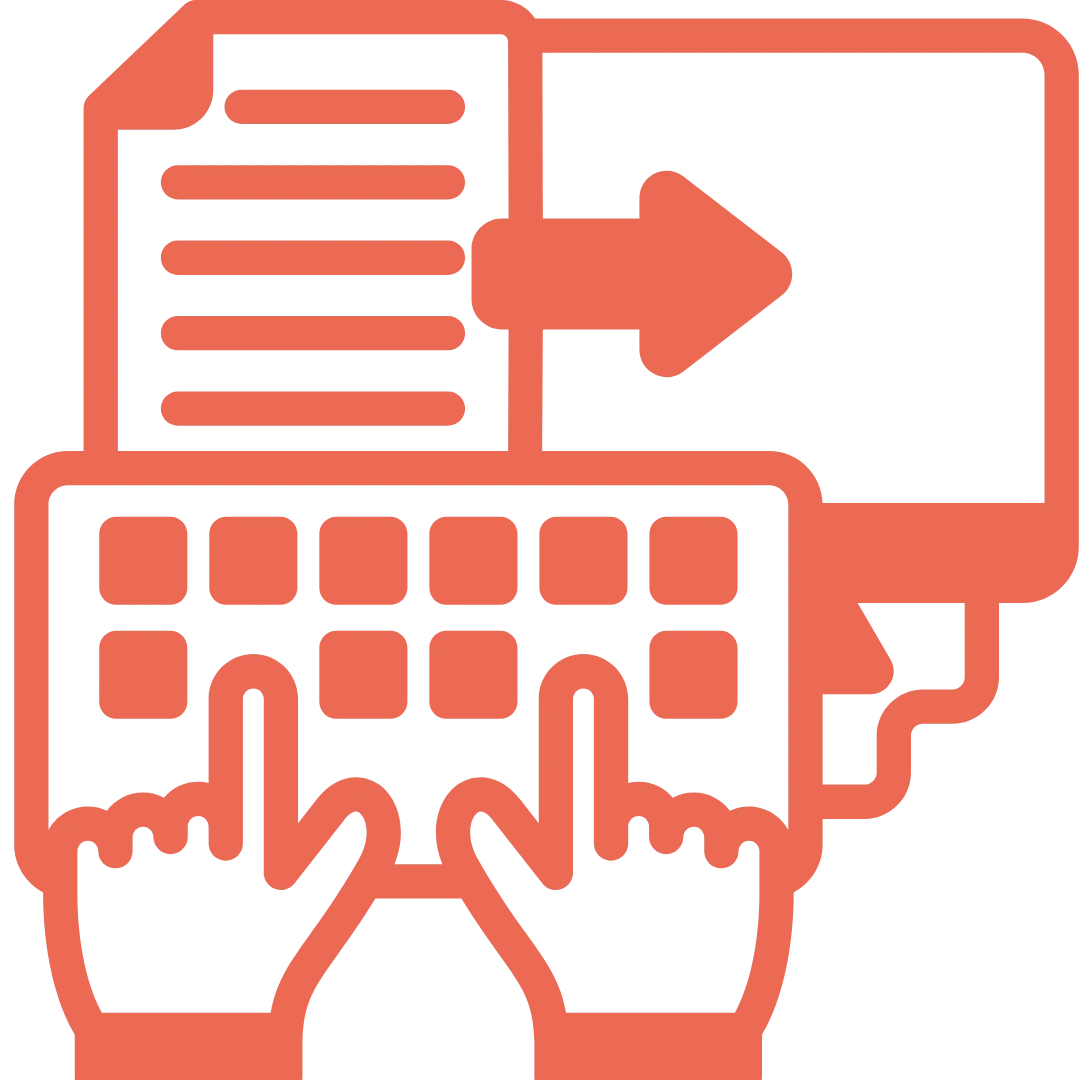
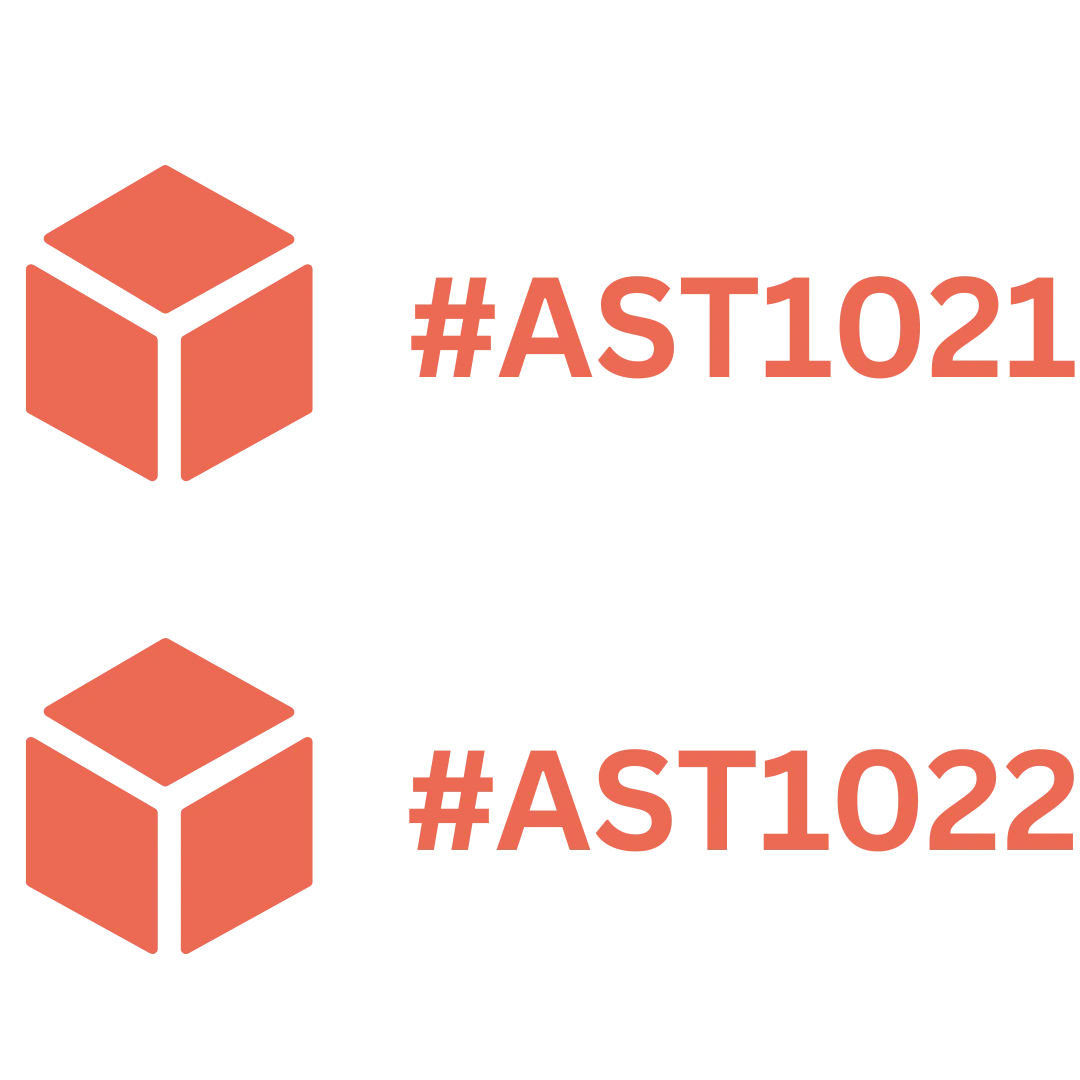
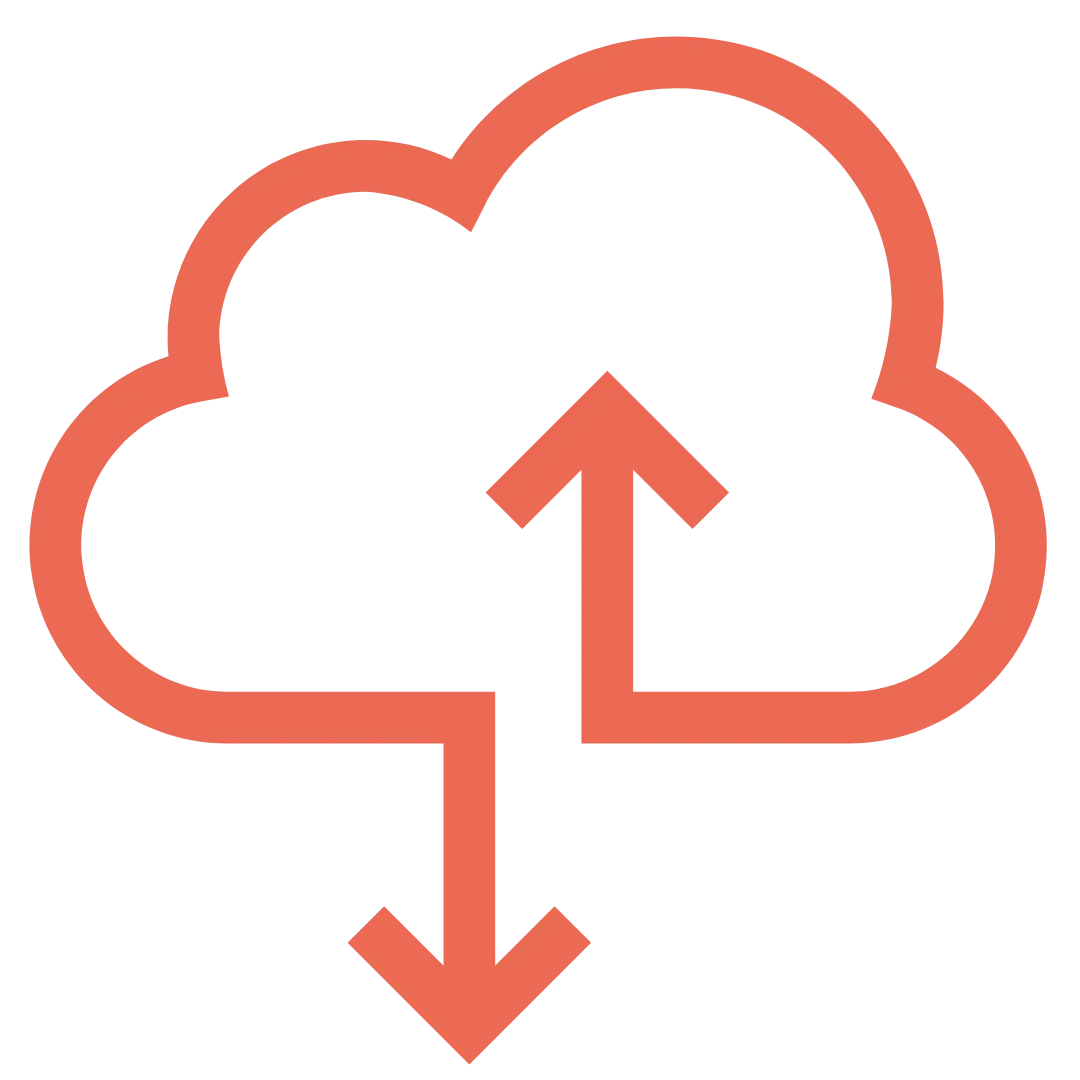
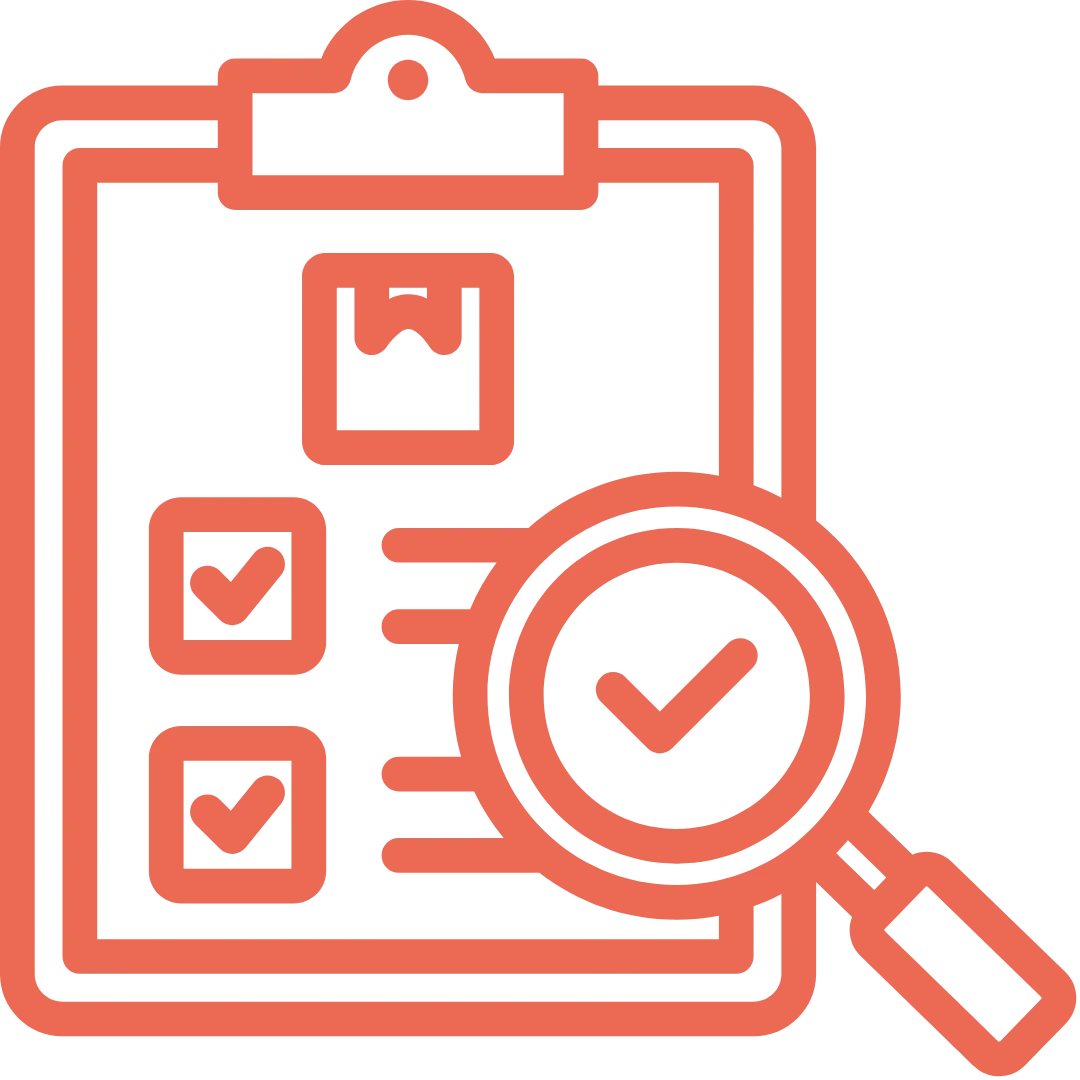
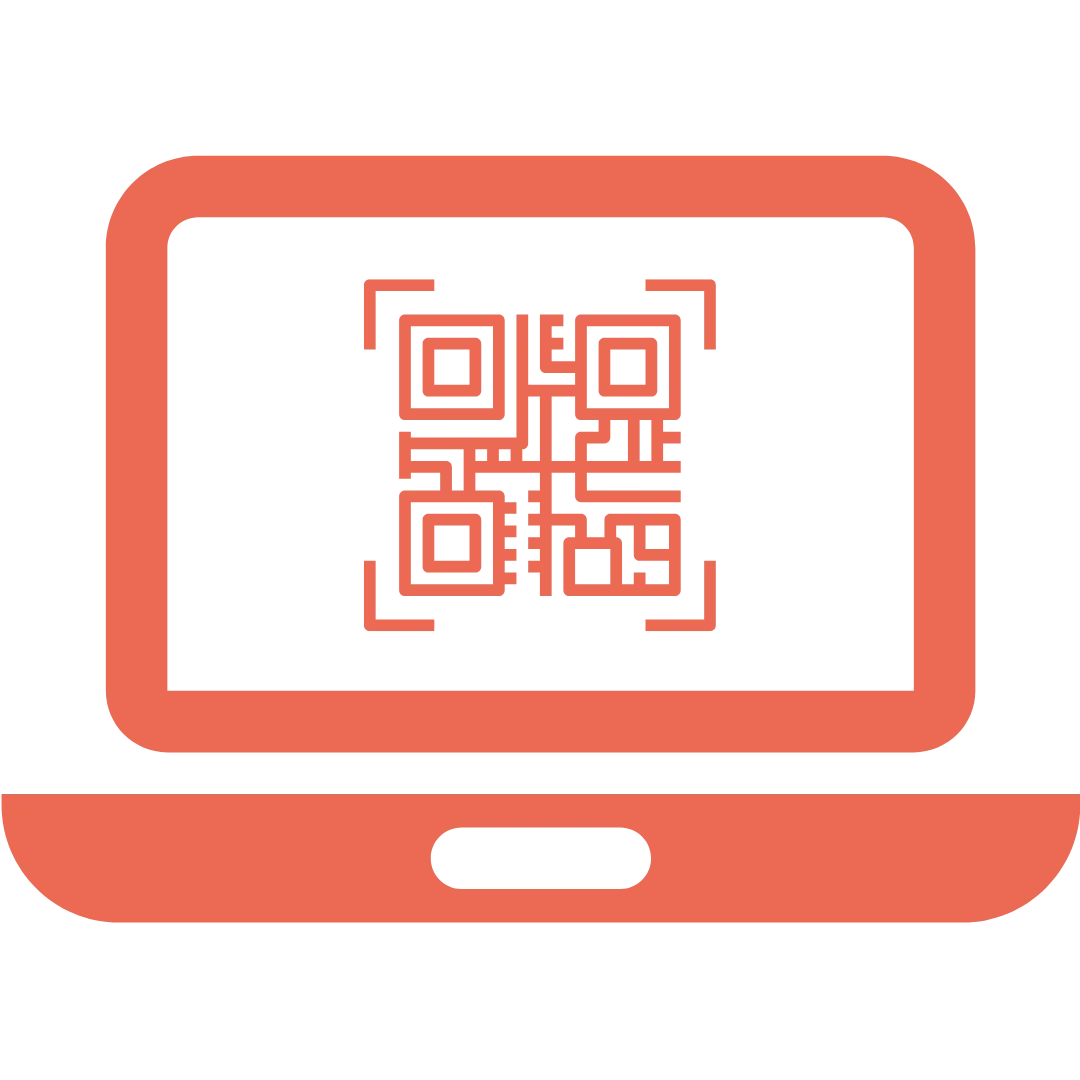

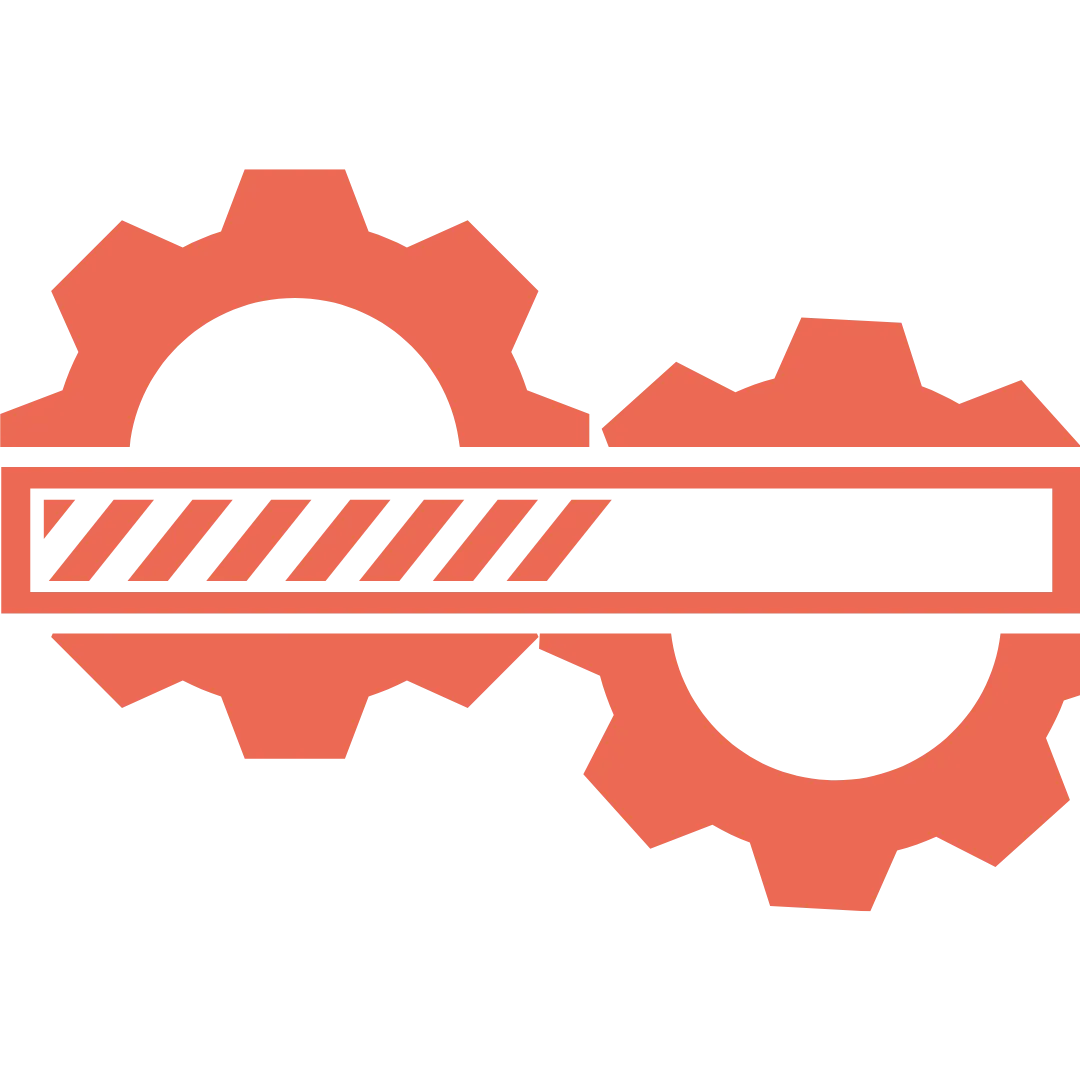
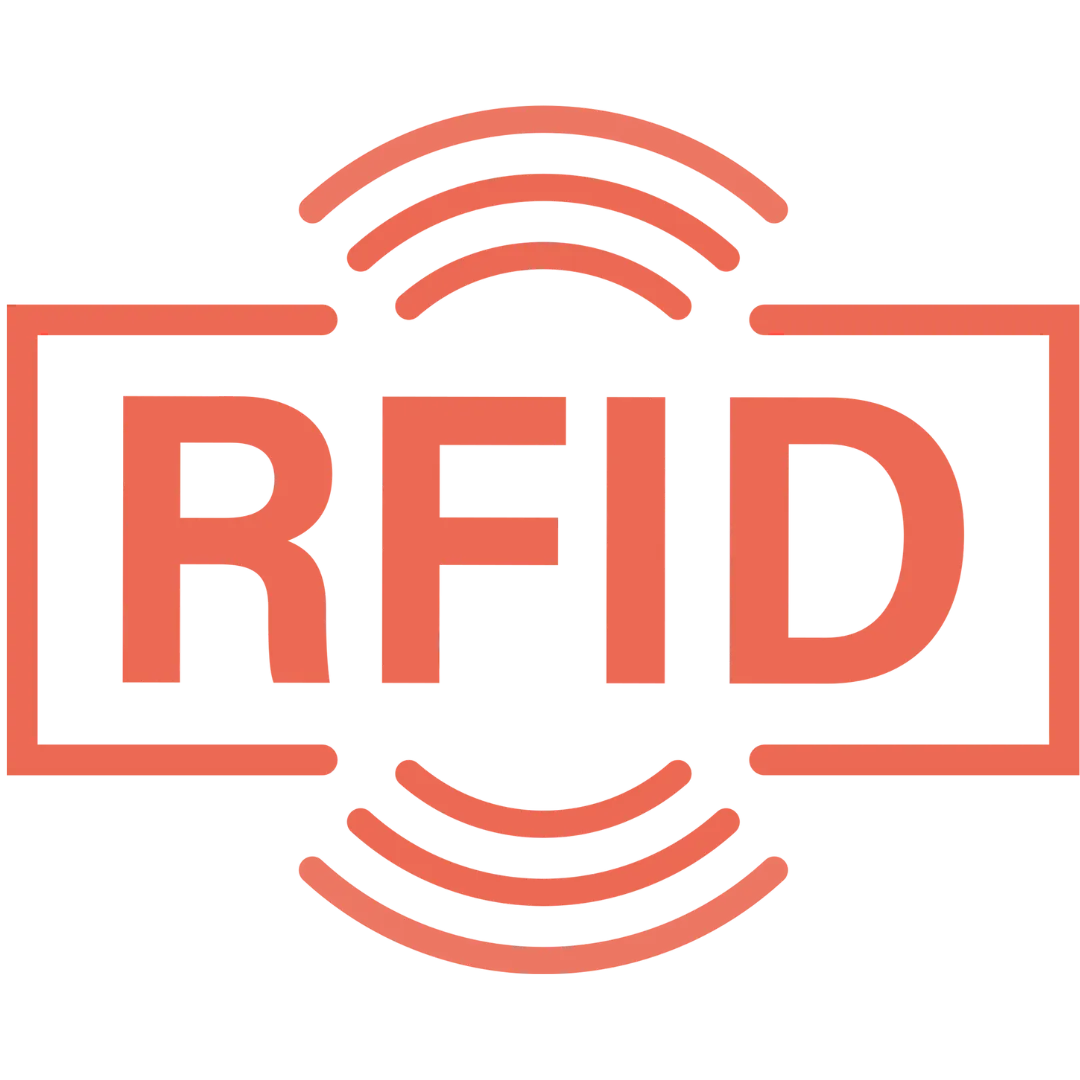

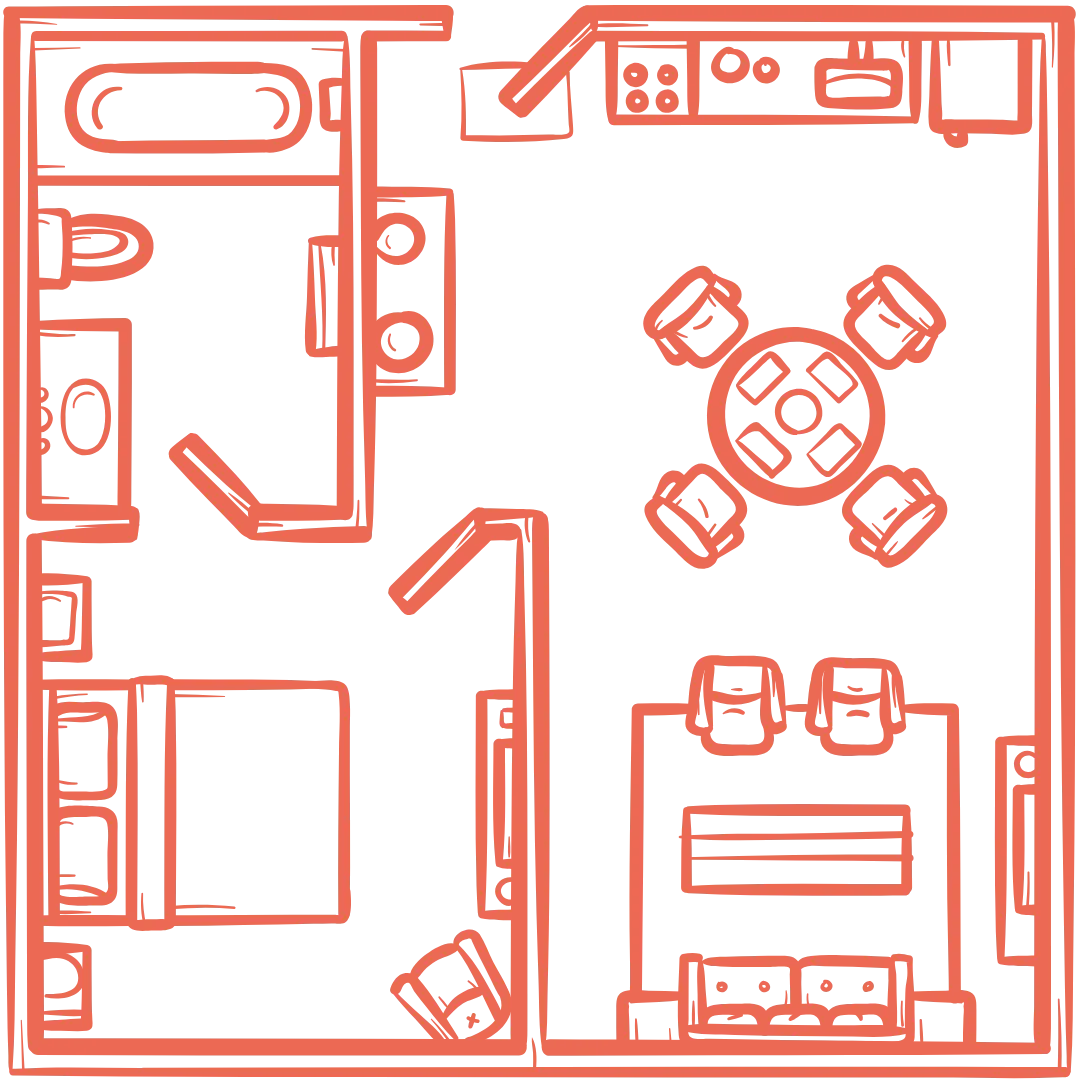




























.webp)
.webp)
.webp)
.webp)
.webp)
.webp)
.webp)
.webp)
.webp)

.svg)




.webp)
.webp)
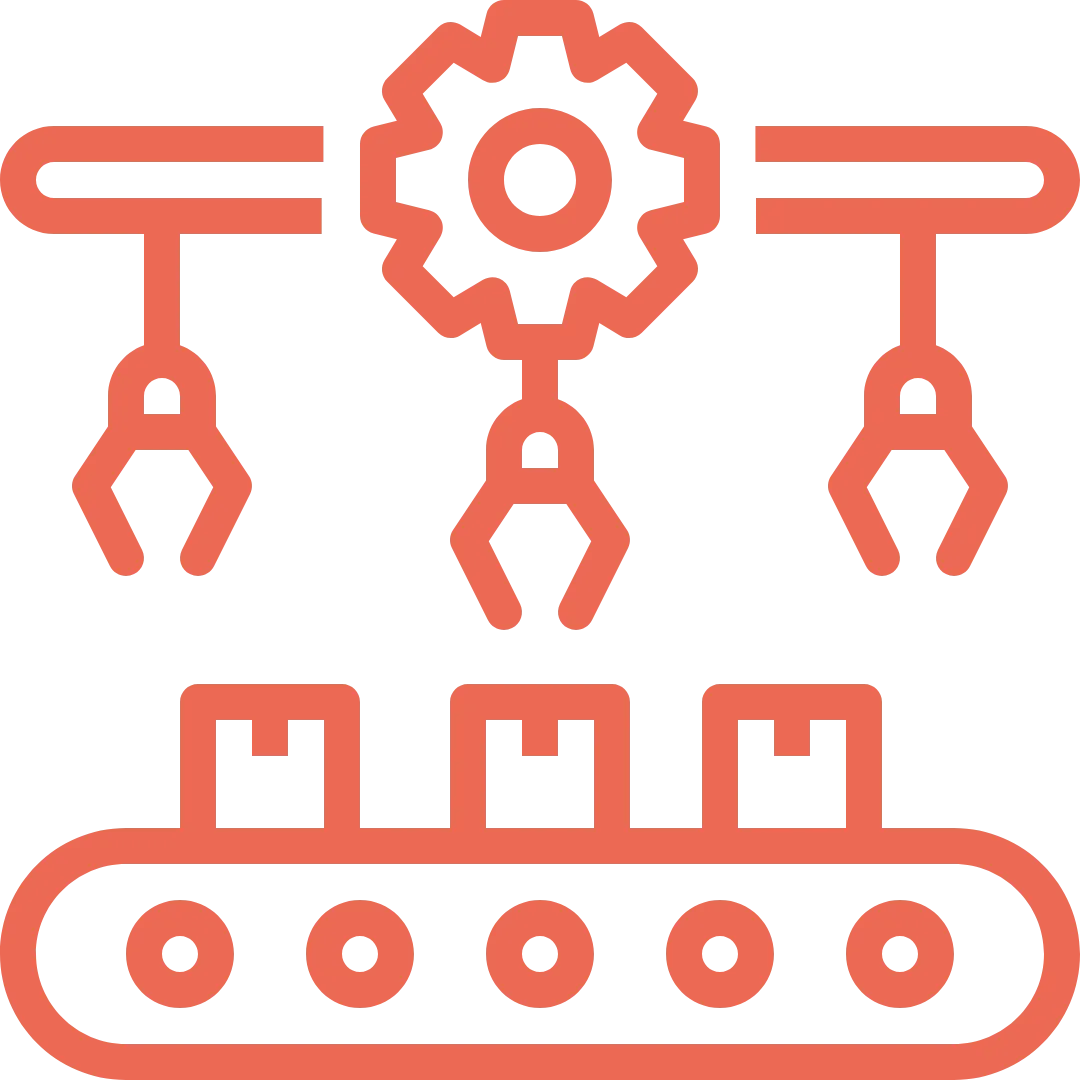





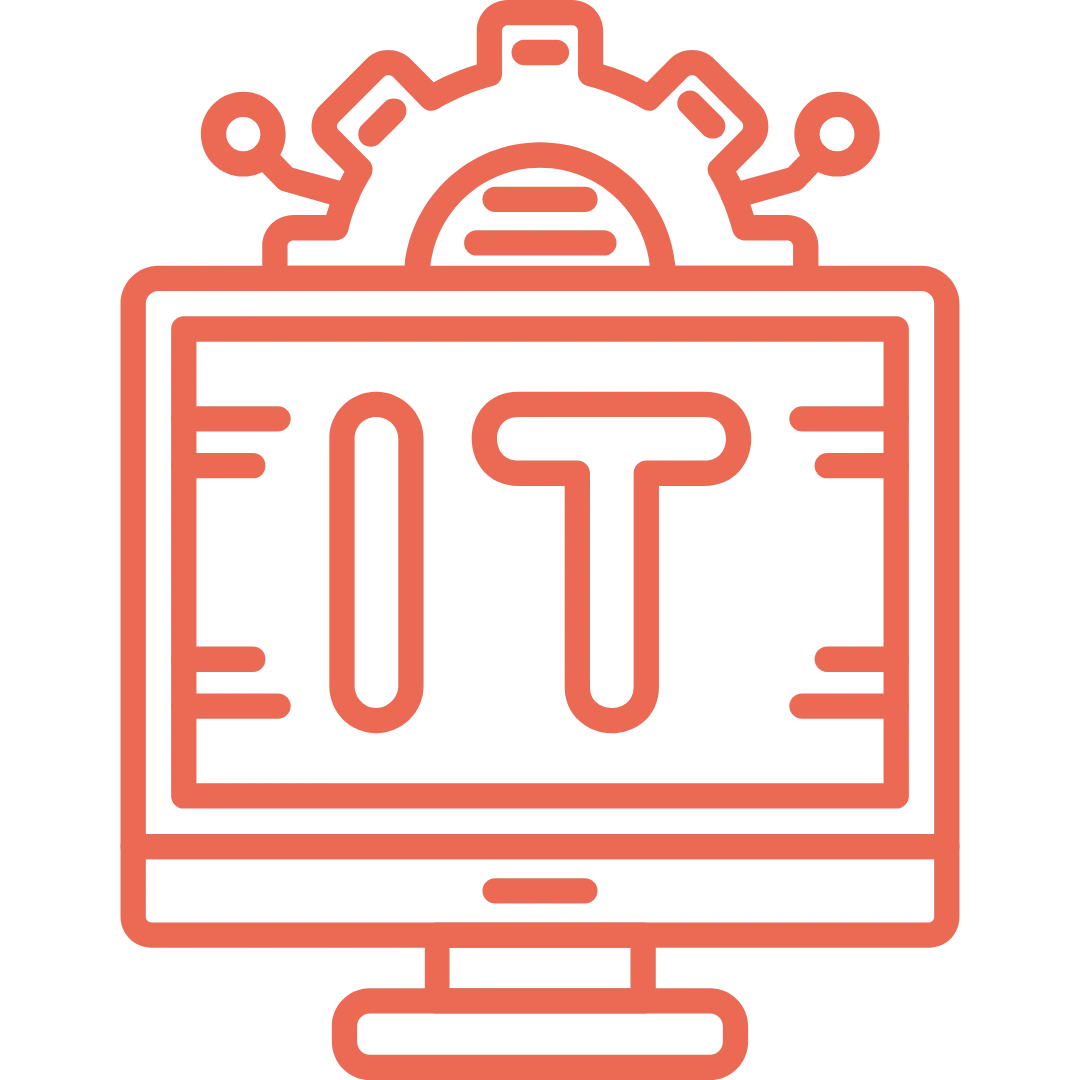






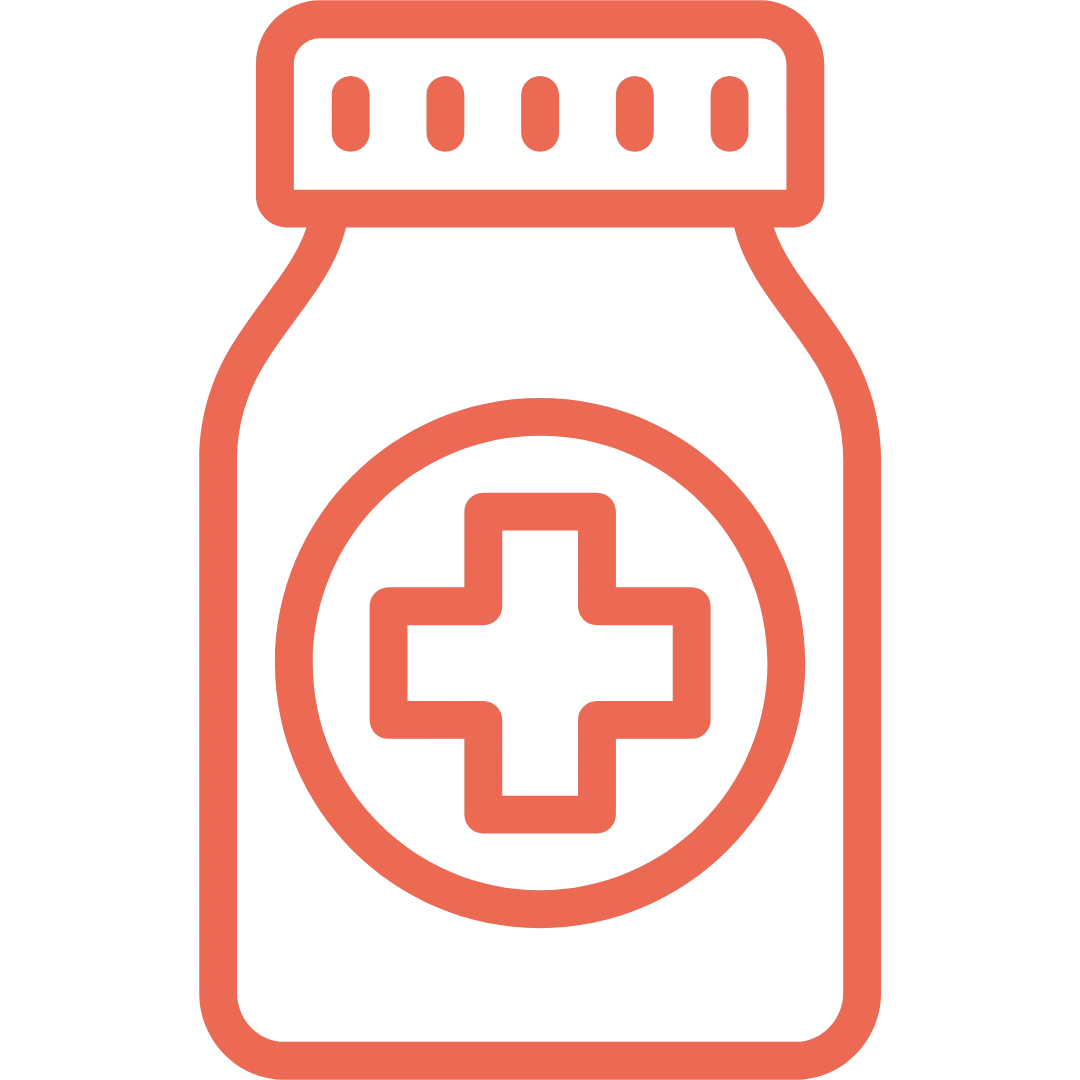

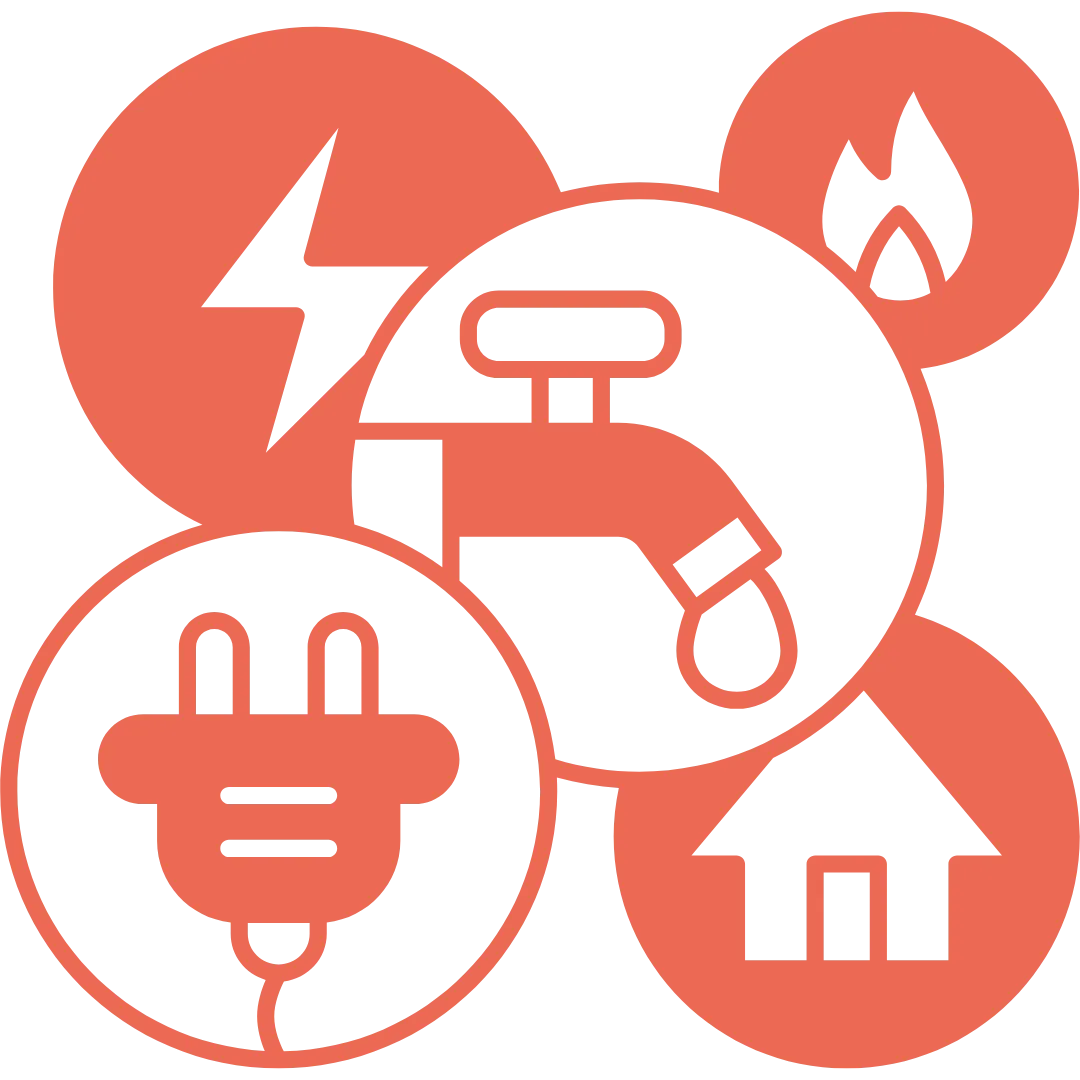

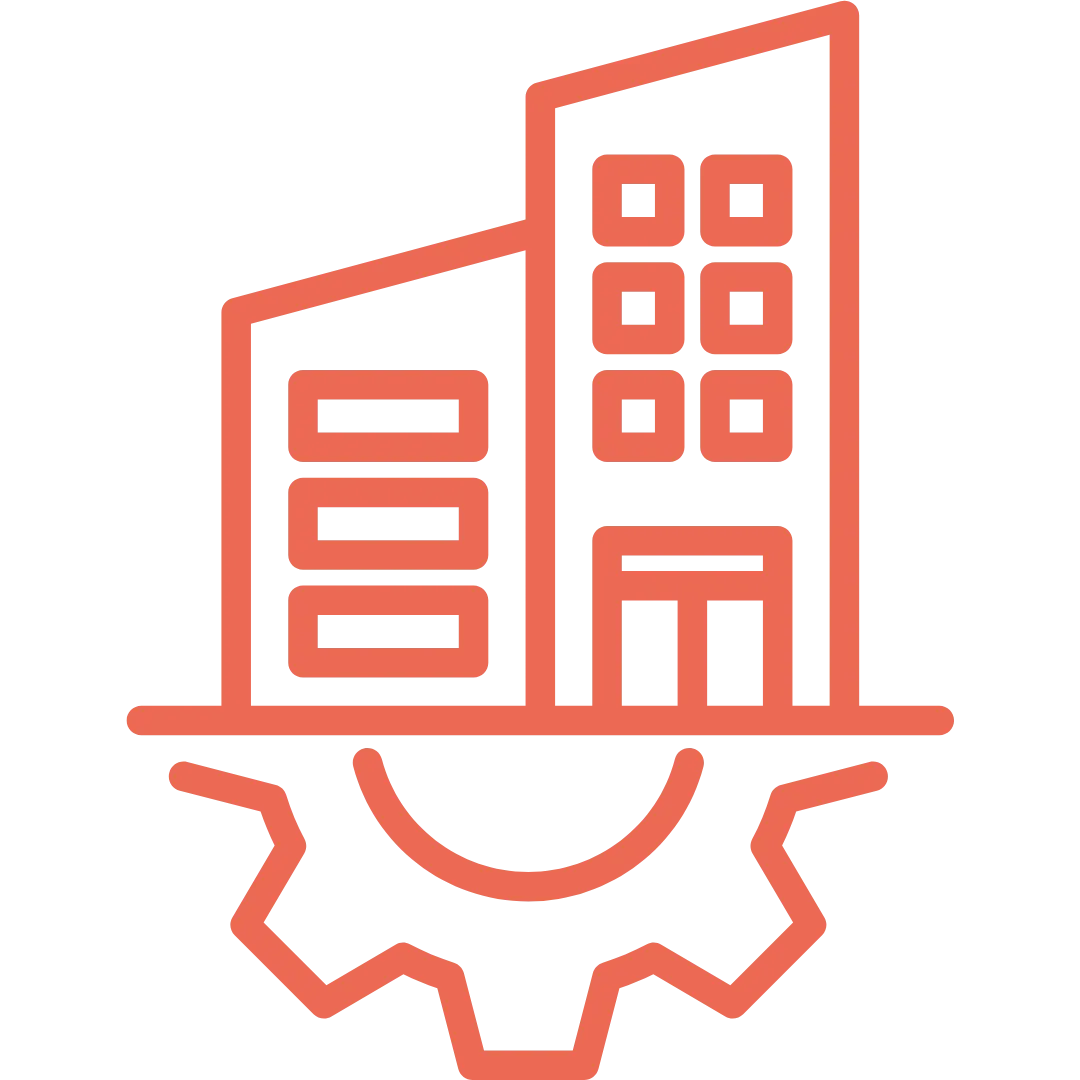

























.png)

.webp)

















